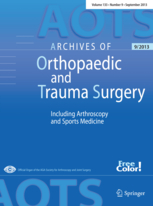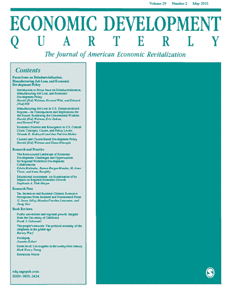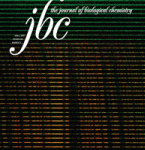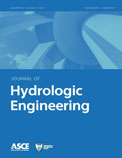
An article by Alexander Spivak, a mathematician based in Israel, is being retracted from the proceedings of a 2014 numerical analysis meeting because Spivak had already published “a major part of text and results” in a mathematics journal in 2010.
Spivak, a member of the faculty of sciences at Holon Institute of Technology, has a bit of a history with the journal that published his initial 201o paper, the International Journal of Pure and Applied Mathematics. That journal retracted two of his papers last year after learning from Zeev Schuss, Spivak’s post-doc supervisor at Tel Aviv University, that those papers contained plagiarized chunks from a paper by Schuss and two colleagues.
Here’s more from the retraction notice for “Successive approximations for optimal control in some nonlinear systems with small parameter”, published in the Proceedings of the 6th International Conference on Numerical Analysis:








